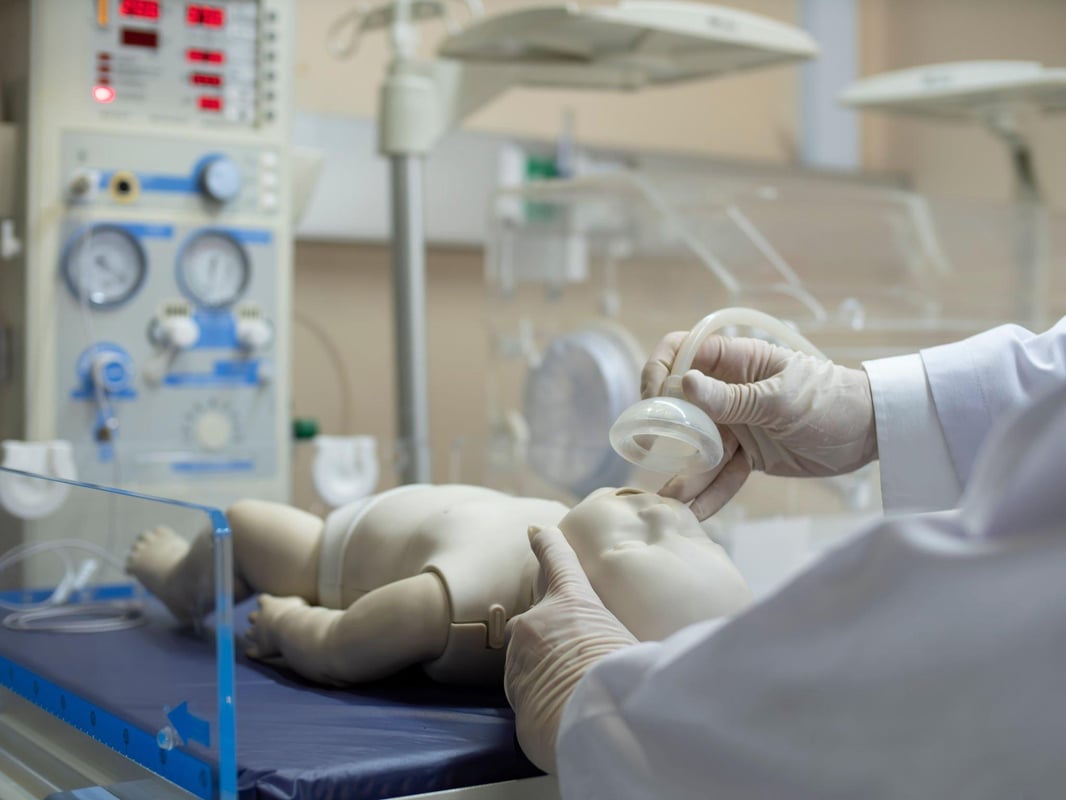
No cost info

No cost info

Financial aid (may be available)

No cost info
$276 total
$2,075 total
$270 total
$410 total
$365 total
$150 total
No cost info
$285 total
$150 total
No cost info
The city of Providence offers a wide array of vocational training opportunities for those interested in the medical field. One of these fields is Pediatric Advanced Life Support (PALS), an essential skill for any healthcare professional who works with children. This blog post will provide you with all the information you need to find the perfect PALS classes near you.

Pediatric Advanced Life Support (PALS) is a set of clinical interventions for the urgent treatment of cardiac arrest, stroke, and other life-threatening medical emergencies, as well as the knowledge and skills to deploy those interventions. Extensively used by emergency response and healthcare professionals, PALS focuses on providing immediate, life-saving care to pediatric patients.
Before enrolling in a PALS class, prospective students need to have some prerequisites. These can vary from one institution to another but generally include:
Basic Life Support (BLS) certification: This is a fundamental course that teaches students the basics of life support, including CPR and the use of automated external defibrillators (AEDs).
Understanding of ECG Rhythm Recognition: This is crucial in PALS as it allows healthcare professionals to identify and respond to life-threatening arrhythmias in pediatric patients.
Knowledge of Pediatric Pharmacology: This involves understanding the types and dosages of medication used in pediatric emergencies.
When searching for a PALS class, there are several factors you should consider. These include:
Accreditation: The course should be accredited by a recognized health organization such as the American Heart Association (AHA) or the Red Cross. This ensures that the training you receive meets the required standards.
Experienced Instructors: Instructors should have extensive experience in pediatric care and emergency response. This ensures you receive high-quality instruction.
Hands-on Practice: The class should include practical sessions where you can practice the skills you've learned. This is critical for mastering PALS techniques.
PALS classes typically involve a mix of theoretical and practical sessions.
Theoretical sessions cover topics such as pediatric emergency assessment, basic life support, effective resuscitation, and team dynamics.
Practical sessions allow students to practice skills such as airway management, vascular access, and effective communication during a pediatric emergency.
Once you've completed the PALS course, you'll need to pass a certification exam. This typically includes a written test and a practical assessment where you'll demonstrate your PALS skills in a simulated pediatric emergency.
After obtaining your PALS certification, you can look for jobs in several healthcare settings. These include hospitals, emergency medical services, outpatient clinics, and pediatric care facilities. You can find these job postings on various job search platforms, healthcare facility websites, and vocational training platforms like Dreambound.
After obtaining a PALS certification, you can further your education and skills by taking additional courses. These may include:
Advanced Cardiovascular Life Support (ACLS): This course focuses on adult patients and covers skills such as recognizing and managing cardiac and respiratory arrest, post-cardiac arrest care, and acute dysrhythmia.
Neonatal Resuscitation Program (NRP): This course is designed for healthcare professionals involved in the delivery and care of newborns. It covers neonatal resuscitation techniques.
Having a PALS certification can significantly enhance your career prospects in the healthcare industry. Here's how:
Increases Your Skill Set: PALS certification equips you with advanced life-saving skills, making you a valuable asset to any healthcare team.
Expands Job Opportunities: With PALS certification, you can work in various healthcare settings, including emergency departments, pediatric units, and intensive care units.
It's important to note that PALS certification isn't a one-time accomplishment. To keep your certification valid, you'll need to undertake a recertification course every two years.
PALS plays a vital role in pediatric care. It equips healthcare professionals with the skills and knowledge to respond quickly and effectively to life-threatening situations involving children and infants.
Whether you're a seasoned healthcare professional or just starting your career, a PALS certification can be a valuable addition to your skillset. Providing the knowledge and skills to react swiftly and effectively in pediatric emergencies, it's a vital qualification for anyone working in pediatric healthcare settings. Remember, the best place to start your search for PALS classes is on a reliable platform that provides comprehensive information about vocational training programs.
For those looking to further their career in healthcare, consider reading about becoming a certified medication aide in Rhode Island or explore the steps to become a respiratory therapist in Rhode Island. You can also learn about the role of a medical sonographer in Rhode Island and see if this career path aligns with your professional goals.
If you're considering pursuing this certification in a different location, we have other in-depth guides to help. Check out our guides for different cities below:
Thinking about making a career switch? Dreambound has written thorough guides to help you understand different options available to you.
Dreambound's platform allows prospective students to find the right educational program for them through searching, filtering, and connecting with our extensive selection of career & technical education partners.
Dreambound has over 70 programs across healthcare, technology, business, and industrial trades. This includes programs such as Medical Billing, Cybersecurity, and welding.
Some of our schools offer financial aid for those who qualify. Many others offer payment plans, where you can pay the cost of class over time.
Yes, Dreambound offers many online programs. On Dreambound's search, you can filter by online, in-person, and hybrid (part online, part in-person).
Dreambound is completely free for you to use! We are supported by schools and organizations who pay to advertise on our website, so we can offer all of our career resources for free.